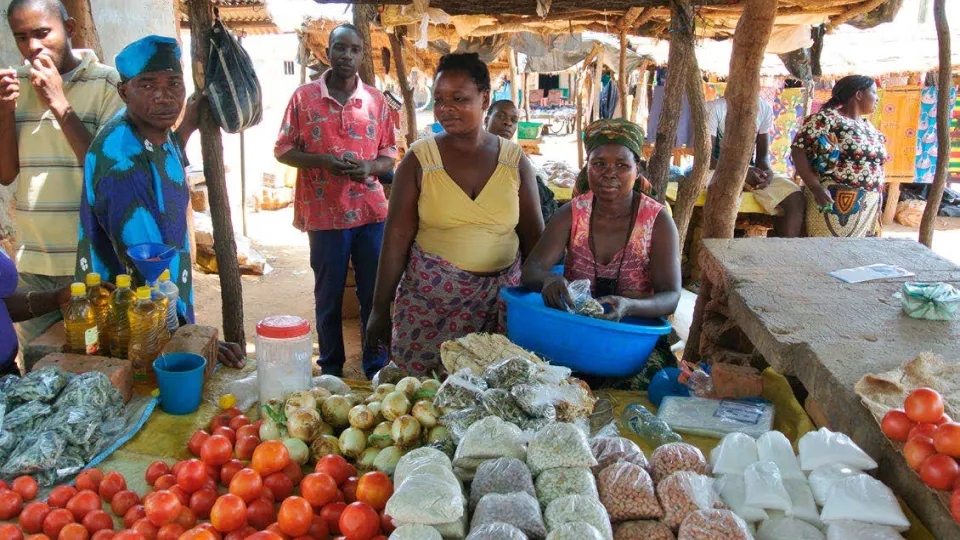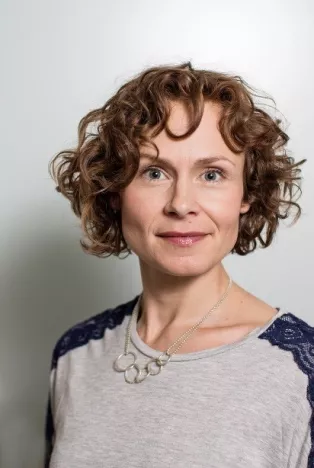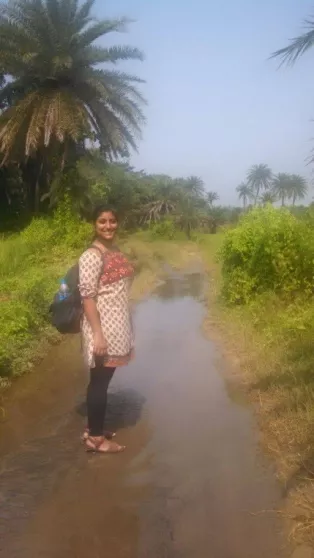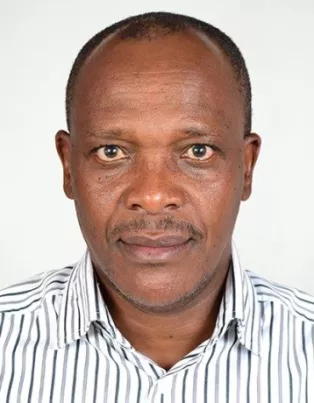Theme: End hunger and achieve food security by 2030
Date: Thursday November 10, 2016. Time: 9.15-17.00
Venue: Morning session (09:15-12:30): Världen (room 111), Geocentrum 1. Afternoon sessions: lecture rooms Malmö and Johannesburg, which are on the 4th floor of Geocentrum 1 (Sölvegatan 10). The other two rooms (Rodinia and Gondwana) are in Geocentrum 2, enter through the doors in the yellow brick building opposite Gerdahallen.
No registration needed - all students and researchers from all departments interested in development are welcome.
For questions regarding the event, please contact Claudia Deijl – claudia [dot] deijl [at] keg [dot] lu [dot] se.
The theme of the conference addresses the second of the sustainable development goals (SDG 2): End hunger, achieve food security and improved nutrition and promote sustainable agriculture. Still today, almost 800 million people in the world do not have enough food to lead an active and healthy life. The vast majority live in developing countries. It is currently widely agreed that there are a number of dimensions of food and nutrition security that needs to be fulfilled simultaneously in order to eradicate hunger and to reduce food insecurity globally. Dietary change related to increasing incomes and migration to urban areas adds to the complexity of the situation. In many developing countries there is a high prevalence of both undernutrition and overnutrition.
Schedule
09.15-09.30: Introduction to Development Research Day 2016, Magnus Jirström, Lund University
09.30-10.00: Reducing Poverty Through Agriculture – challenges and possibilities, Camilla Lundberg Ney, We Effect
10.00-10.30: Where is the Farmer in Indian Agricultural Policy? Srilata Sircar, Lund University
10.30-11.00: What is Africa doing about Sustainable Development Goal 2? Joseph Karugia, Regional Strategic Analysis and Knowledge Support System for Eastern and Central Africa
11.00-11.30: Coffee break
11:30-11.40: Announcement of the The Hydén Award for Best Thesis on Democratisation and Development in the Third World
11.40-12.30: Panel and discussion, moderated by Magnus Jirström
14:15-17:00: Research presentations by LU researchers and students in parallel sessions, see detailed schedule for afternoon sessions
Key note speakers
Camilla Lundberg Ney (We Effect)
Camilla Lundberg Ney is Policy Officer at the development cooperation organisation We Effect. With professional experience from the think-tank Arena group in Sweden, the journal Fronesis and We Effect, Camilla’s professional focus has been on communication, policy and advocacy towards the general public as well as decision-makers primarily on issues concerning gender and rural development.
We Effect work together with partner organisations, mostly farmers organisations, in 25 countries to promote gender equal development cooperation in the areas of sustainable rural development and adequate housing solutions.
Recently We Effect published the report Reducing Poverty through Agriculture that looks at the challenges and potential facing poverty-reducing agricultural activities.
Srilata Sircar (Lund University)
I am a doctoral candidate in Human Geography at LU. My PhD thesis is about subaltern urbanization in India- an attempt to understand the urbanization processes in small towns from a subaltern studies perspective. I have done the primary fieldwork for the thesis in my native state of West Bengal. Previously I have studied the seasonal and circular migration of agricultural labourers from Bihar and its impact on the rural social order.
My other areas of interest include feminist and gender studies, and postcolonial studies. My recent publications include a book chapter titled “Urbanization(s) and the Organization of Agricultural Production in India: A View from the Margins” in Djurfeldt, G. (2016) Structural Transformation and Agrarian Change in India, Routledge.
Joseph Karugia (ReSAKSS-ECA)
Joseph Karugia is the Coordinator of the Regional Strategic Analysis and Knowledge Support System for Eastern and Central Africa (ReSAKSS-ECA) based at the International Livestock Research Institute in Nairobi, Kenya. He holds B.Sc. and M.Sc. degrees from the University of Nairobi, and a Ph.D. in Agricultural Economics from the University of Alberta, Canada. He has taught at the University of Nairobi for more than twenty years and served as Chairman of Department of Agricultural Economics in 2002-2003.
Prior to joining ILRI, Dr Karugia served as the Research Manager at the African Economic Research Consortium (AERC), the premier economics research institution with a mandate of building capacity in policy-oriented economic research in sub–Saharan Africa.
Dr Karugia has published several scholarly papers and is a member of a number of professional bodies such as the International Association of Agricultural Economists (IAAE) and the African Association of Agricultural Economists (AAAE).





